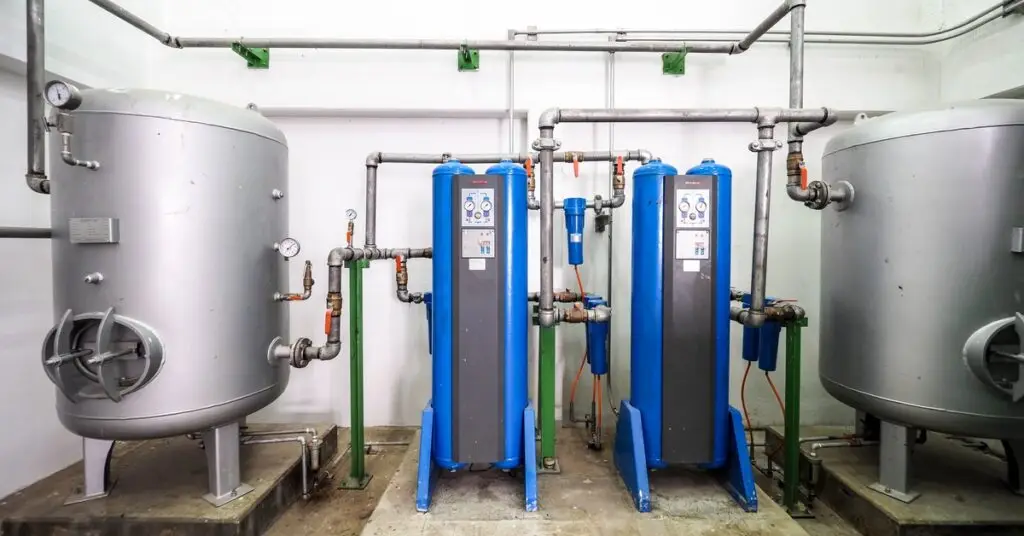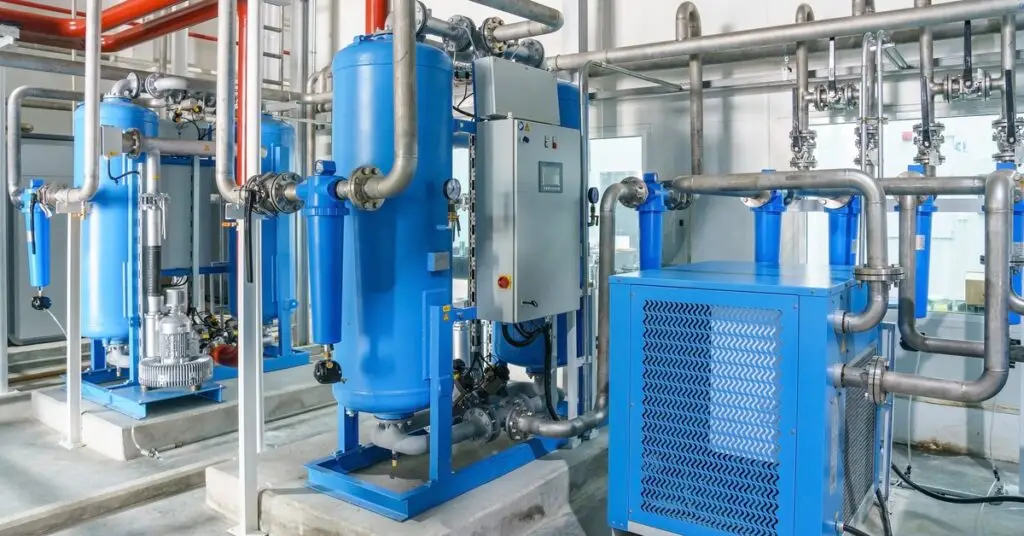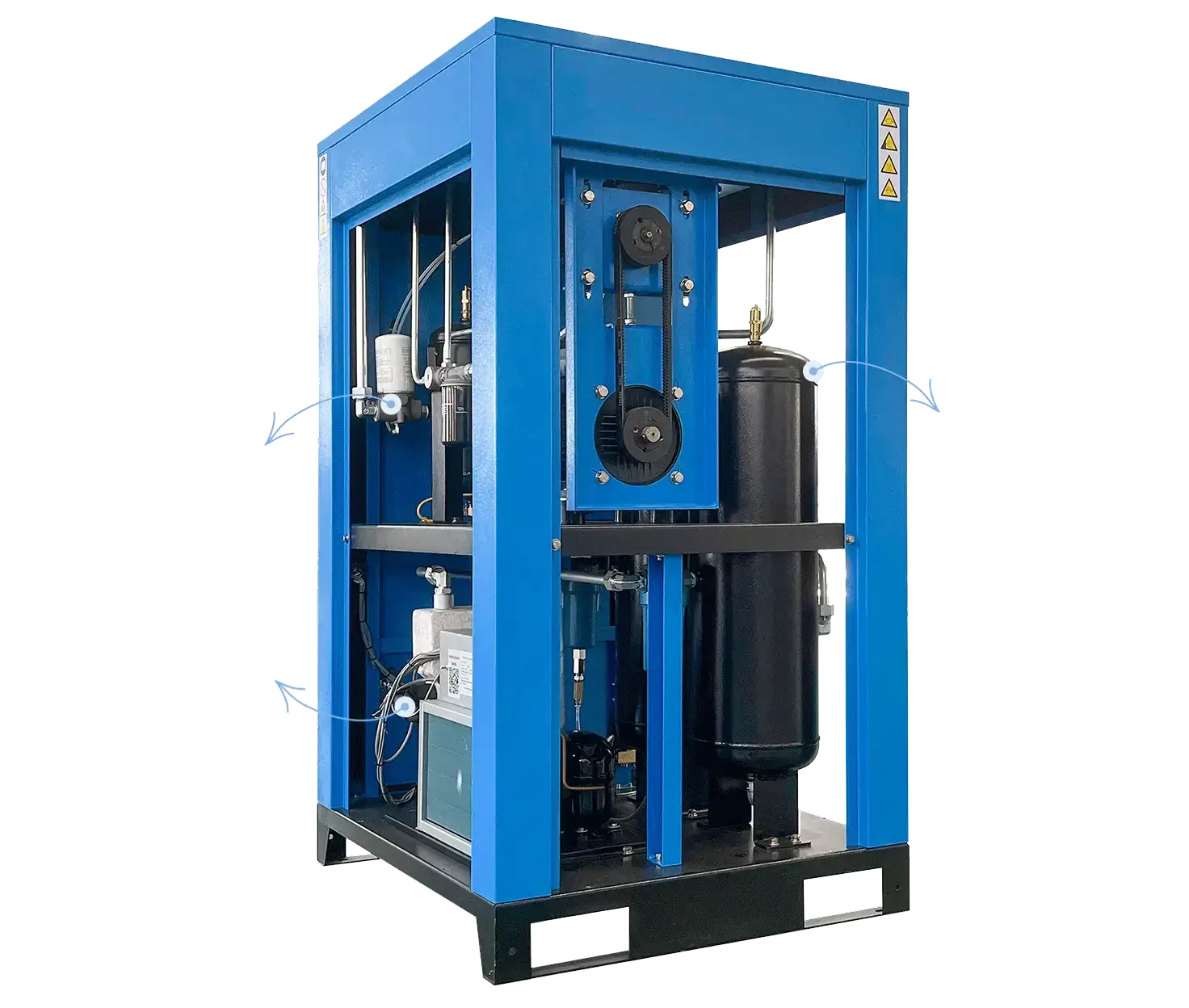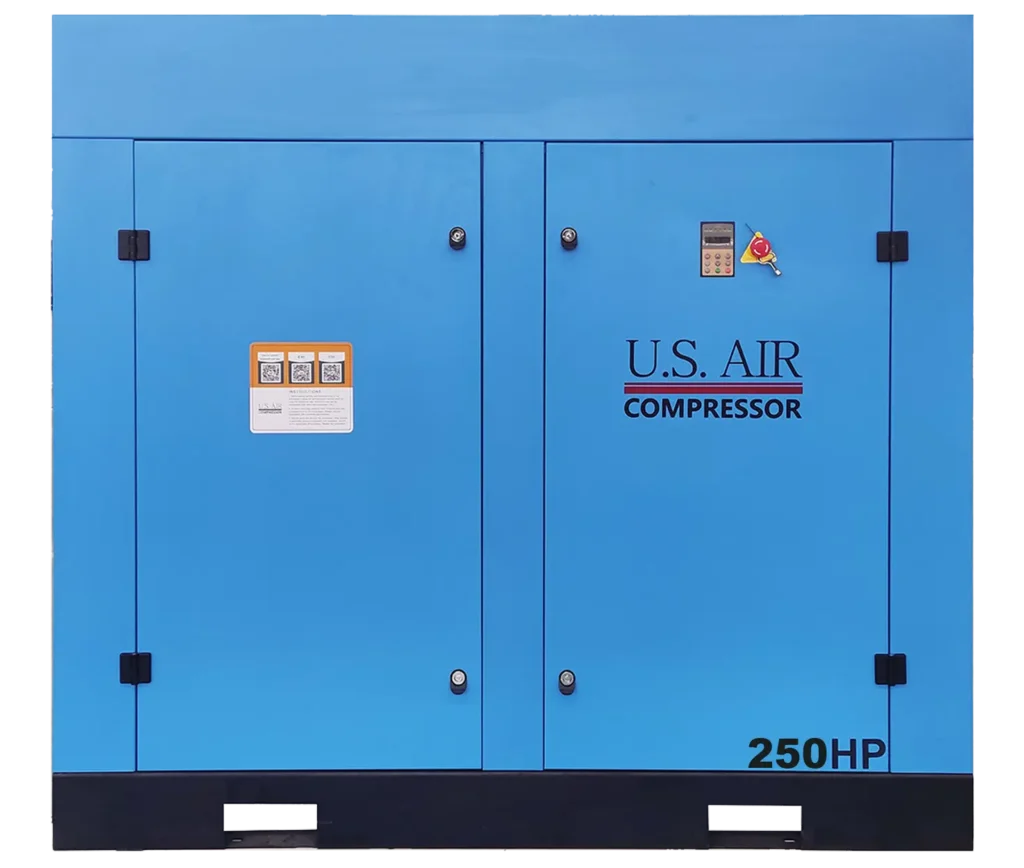Top 15 Compressed Air Industrial Applications

Industries worldwide rely on compressed air for various operations, making it a vital utility for countless processes. These versatile systems deliver unmatched efficiency and reliability, enabling companies to achieve streamlined operations and enhanced productivity. This blog will explore and detail the top 15 compressed air industrial applications while demonstrating the indispensable role compressed air plays in various industries today.
Understanding the Importance of Compressed Air
Compressed air is often called the “fourth utility,” alongside electricity, water, and gas, because of its prevalence, reliability, and broad range of uses across various industries. The adaptable nature of compressed air ensures compatibility with an array of tools, machinery, and processes, making it one of the most dependable utilities available to industries ranging from manufacturing to health care.
Air compressor systems offer an unparalleled solution for industries that require consistency, power, and versatility in performing essential tasks. The following sections will highlight the top 15 compressed air industrial applications, demonstrating their wide-reaching functionality and importance in various sectors.
Food and Beverage Processing
Compressed air is critical in the food and beverage industry. It ensures food products remain hygienic and free from contamination during processing, packaging, and storage. Many industries use air compressors in specialized processes, such as conveying powdered ingredients, filling beverages, operating cleaning equipment, and vacuum sealing packaging. The consistency and purity these systems provide align with industry standards to maintain product safety.

Automotive Manufacturing
Automotive manufacturing is another sector highly dependent on compressed air systems. These systems power the machinery that assembles vehicles, including spray painting equipment for flawless finishes, pneumatic tools for fastening and assembly, and robotic arms for precision work. Compressed air’s efficiency and control allow manufacturers to maintain high-quality standards while meeting production demands.
Health Care and Medical Facilities
Hospitals, clinics, and other medical facilities rely on compressed air for various critical applications. These systems supply clean, dry air essential for respiratory devices, surgical instruments, and sterilization equipment. Additionally, compressed air facilitates vacuum operations used in dental and medical procedures. Its reliability ensures patient safety and smooth operations, making it an irreplaceable resource in the health-care sector.
Pharmaceutical Manufacturing
Pharmaceutical industries demand precision and sterility throughout the production process. Compressed air assists in tablet manufacturing, capsule filling, and spray coating. Various industries also use compressed air systems for conveying and packaging medicines, ensuring compliance with strict quality and hygiene regulations. Compressed air’s consistent pressure and purity ensure the efficiency and quality of medications.
Electronics Manufacturing
The electronics sector utilizes compressed air in multiple capacities, from semiconductor production to chip soldering and assembly. Clean, dry air under controlled conditions is indispensable for maintaining the delicate nature of electronic components. Applications extend to laser etching and pneumatic conveyance of small parts, emphasizing the versatility of compressed air in high-tech environments.
Textile Production
The textile industry employs compressed air in weaving, spinning, dyeing, and finishing processes. Air-powered machinery allows precise control over delicate threads and fabrics, producing consistent and high-quality textile outputs. Furthermore, air compressors are instrumental in operating jet dyeing machines and air-jet weaving systems, highlighting their significance in achieving smooth and efficient textile production.
Chemical and Petrochemical Processing
Compressed air is pivotal in chemical and petrochemical facilities. It drives spraying, conveying, and atomization processes while maintaining the safety and precision required in intricate chemical reactions. Additionally, compressed air is essential for equipment and pipelines to undergo proper cleaning and drying, ensuring strict compliance with regulatory safety standards.
Construction and Infrastructure
The construction industry heavily relies on compressed air for tasks requiring powerful tools, such as jackhammers, drills, and compactors. Compressed air streamlines various processes, from breaking up the pavement to inflating pneumatic shock absorbers and blasting surfaces clean. Its reliability and robust performance make it the preferred solution for construction sites worldwide.
Oil and Gas Exploration
Exploration and production in the oil and gas sector would not be possible without compressed air-powered systems. High-pressure compressors facilitate drilling, lifting, and separation processes. Additionally, compressed air systems maintain the safety and efficiency of pneumatic tools used in deep-sea exploration and high-risk operational environments, underscoring their irreplaceable value in this industry.
Energy Production
The energy production sector utilizes compressed air across power plants and renewable energy facilities. Applications include instrument air for operating control valves and dry air for cleaning turbines. Compressed air is also integral to hydrogen generation using specialized equipment, contributing to developing cleaner and greener energy solutions.

Agriculture and Farming
Modern farms increasingly rely on compressed air to power machinery critical for planting, harvesting, milking, and irrigation. For instance, it operates sprayers for fertilizer or pesticide dispersion, enabling even distribution and optimized agricultural output. Furthermore, compressed air systems extend to barn ventilation and automated feeding systems, enhancing farm productivity.
Aerospace and Aviation
The aerospace and aviation industries require absolute precision, safety, and performance. Compressed air facilitates the manufacturing and assembly of aircraft by powering pneumatic tools used for riveting, bolting, and sealing. Additionally, it is used in de-icing mechanisms, aircraft brakes, and pressurizing cabins to ensure seamless functionality and passenger safety.
Mining Operations
Mining operations depend on compressed air to power equipment such as rock drills, loaders, and other pneumatic tools used in extraction and excavation. These high-pressure systems are also utilized in ventilation, ensuring safe air circulation within mines. The durability and efficiency of compressed air make it indispensable for resource-intensive mining applications.
Printing and Packaging
Compressed air systems are foundational to the printing and packaging industry. High-speed printing presses, folding machines, and packaging equipment depend on compressed air for smooth, uninterrupted operation. Furthermore, air compressors assist in labeling and cutting, ensuring precise and efficient production for various packaging formats.
Metal Fabrication
Metal fabrication shops extensively employ compressed air-powered systems for welding, cutting, shaping, and cleaning metal components. High-velocity compressed air is best for plasma cutting and sandblasting, allowing manufacturers to meet specific requirements in precision. This reliance underscores the role of compressed air in boosting efficiency and operational output in metalworking industries.
Leadership in Reliability
The applications discussed above emphasize the importance of compressed air in industrial sectors, showcasing the array of capabilities that air-powered systems can deliver. Compressed air ensures reliability and efficiency across diverse operations, from enabling automation to streamlining precision tasks.
Industries worldwide strategically invest in air compression technologies to stay competitive and meet the increasing demand for sustainable and efficient industrial solutions. Integrating modern air compressor systems into operational frameworks is not just a choice but a necessity for achieving excellence and growth.
Conclusion
The versatility and efficiency of compressed air ensure that it will continue to serve as a fundamental resource in industrial applications for years to come. With ongoing advancements in air compressor technologies, industries stand to benefit from enhanced operational efficiency, reduced downtime, and stronger environmental sustainability.
By staying informed about the top 15 compressed air industrial applications, businesses can align themselves with modern innovations and harness the full potential of compressed air to elevate their production capabilities. Investing in reliable air compression systems ensures sustained performance and positions organizations for long-term success.






